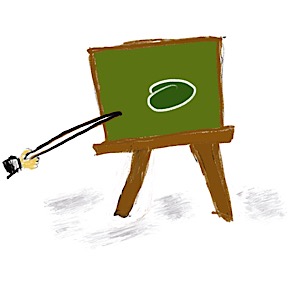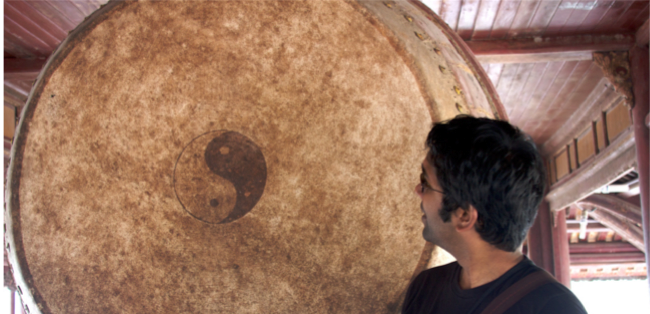
“Highest virtue is not virtuous and that is why it is virtuous,” says Lao Tzu.
Statements like this make many people think that Lao Tzu is contradicting himself.
Why is the ‘highest virtue’ virtuous when it is not virtuous. The logical conclusion should be the other way around.
Before I proceed, you may want to try explaining what Lao Tzu actually means? The passage can be found in Verse 38 of Tao Te Ching.
Having read Tao Te Ching repeatedly for more than two decades, I have not the slightest doubt that Lao Tzu is consistent. Confusions, however, arise when we read the text in isolation, without having the full context in mind.
In this instance, there are two ‘virtuous’ in the statement, each carries a different connotation. The first is the virtuous with intent. The second is one that is natural, spontaneous.
Lao Tzu doesn’t advocate virtue as dictated by people. In other words, the Virtue, or Te (or De), he advocates is not the virtue in the social sense, it is not a code of conduct.
When we talk about virtue, we often think of moral standards, even though the standards would differ from people to people — Confucianism’s moral standards could be different from Christianity’s, for example. Lao Tzu has something else in mind when he is using the word.
When Lao Tzu talks about virtue, he is talking about manifestation of Tao, and he uses the word Te to describe the manifestation.
If Virtue, or Te is a manifestation of Tao, and Tao is natural, then the Virtue should also be natural. In this sense, Virtue needs not even be what human does, so long as what we talk about is a manifestation of Tao. A good example is the four seasons. The four seasons manifests the cyclical movement of Tao, which is cyclical in nature. So the cycle of four seasons is Te.
Te is like colouring the air, so that we can make the formless air’s movements comprehensible.
It so happens that the Chinese character for Te, i.e. 德,is exactly the character other people use to describe the social moral standards, and many translations therefore use Virtue loosely. This is where the confusion arises.
Now, back to the statement.
Tao is entirely natural and in harmony with Tao, void of any human pretence, ego or desire. The highest virtue, therefore, should also be natural and in harmony with Tao. In other words, whether you are virtuous or not is not something up to you to say, it relies on whether you are abiding by the laws of the universe as demonstrated by Tao.
When you think that you are virtuous because you are following the rules set up by what other people thinks, you are doing what other people want you to behave, not necessary what Tao is and therefore not necessary in harmony with Tao.
Tao, nevertheless, is something very hard to express through words, and this is why Lao Tzu keeps saying the sage teaches without using words. If you want to know whether you are in harmony with Tao, you’ll have to feel it, rather than talking about it. It is a process of seeking the oneness between yourself and the universe.
Once you can attain the oneness with Tao, you are virtuous without being virtuous. There is no intention, there is no desire. Everything comes along naturally with spontaneity. This is something you cannot achieve simply by following any form of codes of conduct.
This explains why Lao Tzu would say, “Highest virtue is not virtuous and that is why it is virtuous”. If you read the statement with the full picture in mind, Lao Tzu does not contradict himself.
Thanks to League of Women Voters of California LWVC for the picture







I think you misunderstood the line.
I believe it means is that you shouldn’t try to act virtuous, because that’s not virtuous.
So as an example, you say hi to your neighbor with a big smile , but from the inside hate him.
Whereas a really virtuous person wants to say hi out of love and acceptance.
You totally misunderstood the line.
What it means is that you should try to act virtuous because that’s not virtuous.
So as an example, you say hi to your neighbor with a big smile , but from the inside hates him.’
Whereas a really virtuous person wants to say hi out of love and acceptance.
Thank you very much for this explanation Soon Teo. The distinction you made between human-made laws based on human preferences and what merely are manifestations of the Tao helps me explain this constant reluctance I feel in abiding by moral codes. I realize that this inner friction was a pointer, which invited me to realize that the commonly accepted conception of life is human-centric and, though useful for social purposes, remains limited in the grander scheme.
Thanks, Uta. I am so glad to hear that it helps in the clarification. 🙂